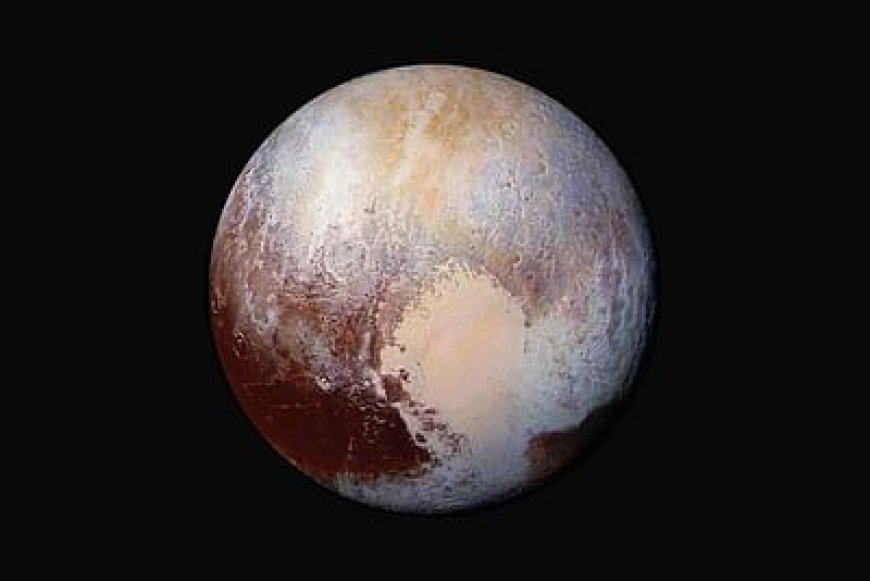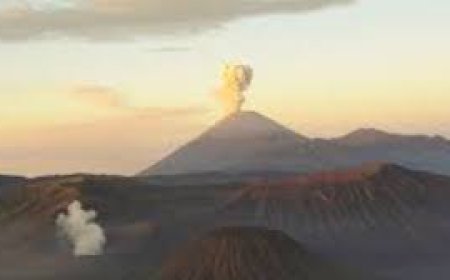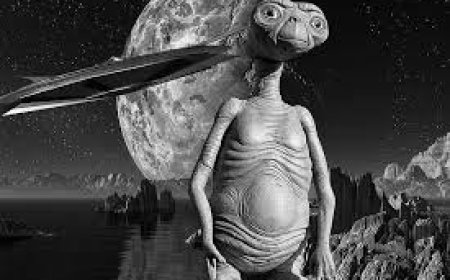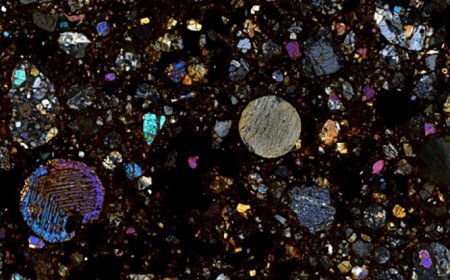Why is Pluto's planet canceled?

In 1930, American astronomer Clyde Tombaugh was working at the Lowell Observatory in the United States. This young astronomer was working as an observation assistant. Observing the orbits of Uranus and Neptune, scientists feel that something is not right. As there is a third object between the two planets, they seem to be seeing deviations in their orbits. The third unknown object is named 'Planet X'. Tombaugh was originally looking for this Planet X. That's why he kept his eyes on the sky. But the rules are left. Instead of Planet X, he found a small object. Later members of the American Astronomical Society, the Royal Astronomical Society of the United Kingdom, and the International Astronomical Union collectively designated the object as a planet.
A new planet has arrived, it needs a name. Planets are usually named after the discoverer and associated scientists. It can be said that the same has happened in case of previous planets. But this time it's different. Lowell announced a naming contest for the observatory. 11-year-old Venetia Burney lives in Oxford, England. He thought of naming the planet after the Roman god of the underworld. He told this to their grandfather. He submitted this name in that competition. The rest is history. It was unanimously named Pluto.
Then for about 76 years, little Pluto was the ninth planet in the solar system. In 1978, Charon, the first natural satellite of icy Pluto, was discovered. Later, the Hubble telescope discovered four more satellites of the planet. These four planets were discovered between 2005 and 2012.
They expressed solidarity in the sorrow of the small planet in the family. People have protested from country to country to return the acceptance of Pluto, which is about 500 million kilometers away from the world. The scientists, however, did not mind it.
Everything was going well. But the forehead is bad Pluto. The planet fell back. As a result, there was a problem in 2006. No, the problem was not tied to Pluto. The scientists of the world have created the problem. That year they made some changes in the definition of the planet. In fact, it was important to make changes. Because, with the technological development, the universe was being opened more widely in front of people. Different types of cosmic objects are discovered one after another. There is a need for research on these objects by dividing them into different categories. Based on that, the scientists of the International Astronomical Society changed the definition of the planet. And because of that change, the youngest planet in the solar system fell into danger.
If you behave in reverse, you are often kicked out of the school. Sometimes the boss in the office gives two or four scolds. But scientists have excluded poor Pluto from the list of planets! The crown of gravity was taken away.
However, not everyone could agree with the scientists. They expressed solidarity in the sorrow of the small planet in the family. People have protested from country to country to return the acceptance of Pluto, which is about 500 million kilometers away from the world. The scientists, however, did not mind it. Pluto has been left out of the planet's list. Now it is called a dwarf planet. In English, Dwarf Planet.
Everything was understood, the question is - what is the real reason? What exactly did Pluto drop out?
In 2006, the International Astronomical Union made the new rule that a cosmic object must meet three conditions to call it a planet. One, there must be sufficient mass, so that the cosmic object can be roughly spherical due to its own mass. Two, you have to revolve around the sun. Three, its surrounding area should be clean with the craftsmanship of the object. The last condition is a bit difficult to understand. But Pluto was left out due to the inability to sweep this cosmic sweep.
Observations show that Pluto could not produce a strong enough gravitational field to clean its surroundings. Besides, several other similar cosmic objects are found around Pluto.
In fact, cleaning the surrounding area means that the planet's gravitational field is strong enough. So that the gravitational reign of the planet in the surrounding area. Let's clarify the matter a little more. The surroundings of the planet in space are not always clear. There may be various rocky particles, asteroids or satellites. These elements gather around the planet during the birth of the planet. Apart from this, due to the crashing of asteroids and meteorites, sand and stone garbage is created around. When the planet establishes gravitational authority over these elements, the elements either merge with the planet, or orbit the planet through a certain orbit. Sometimes it becomes a satellite.They do not occur if the gravitational field of cosmic matter is not strong enough. In that case the surrounding area remains unclean.
As I said earlier, Pluto is very good in the first two conditions. Pluto has enough mass to make himself round by using gravity. Orbiting the sun. But Pluto could not fulfill the third condition even in hundreds of millions of years. Observations show that Pluto could not produce a strong enough gravitational field to clean its surroundings. Besides, several other similar cosmic objects are found around Pluto. Scientists decided to remove Pluto from the list of planets. But since the first two conditions have been met, Pluto is included in the list of Dwarf Planet or Dwarf Planets.
According to the Astronomical Union's definition, an object that orbits the Sun and has enough mass to form a sphere is called a dwarf planet. In that case, the object does not have to fulfill the condition of keeping its surroundings clean. No one has ever heard of such a case of losing a kingdom just because they couldn't jump.
A variety of rocky particles, asteroids or satellites can be present. These elements gather around the planet at the time of its birth. Apart from this, due to events like asteroid impacts and meteorites, sand-rock debris is created around.
However, Pluto is not alone even after being removed from the list of planets. There are 5 other dwarf planets like Pluto in the solar system alone. Among them, Makimaki, Haumea, Eris, along with Pluto, are located outside the orbit of Neptune. Between Mars and Jupiter lies another dwarf planet, Ceres, in the asteroid belt.
However, despite losing its planethood, Pluto still has an additional benefit. Although the other ten dwarf planets of the solar system are not talked about, Pluto is being talked about a lot. A good example of a king who does not become lonely after losing his kingdom is Pluto, what do you say?
Author: Student, Department of Physics, Jahangirnagar University
Sources: Library of Congress, Wonderpolis, International Astronomical Union


















































